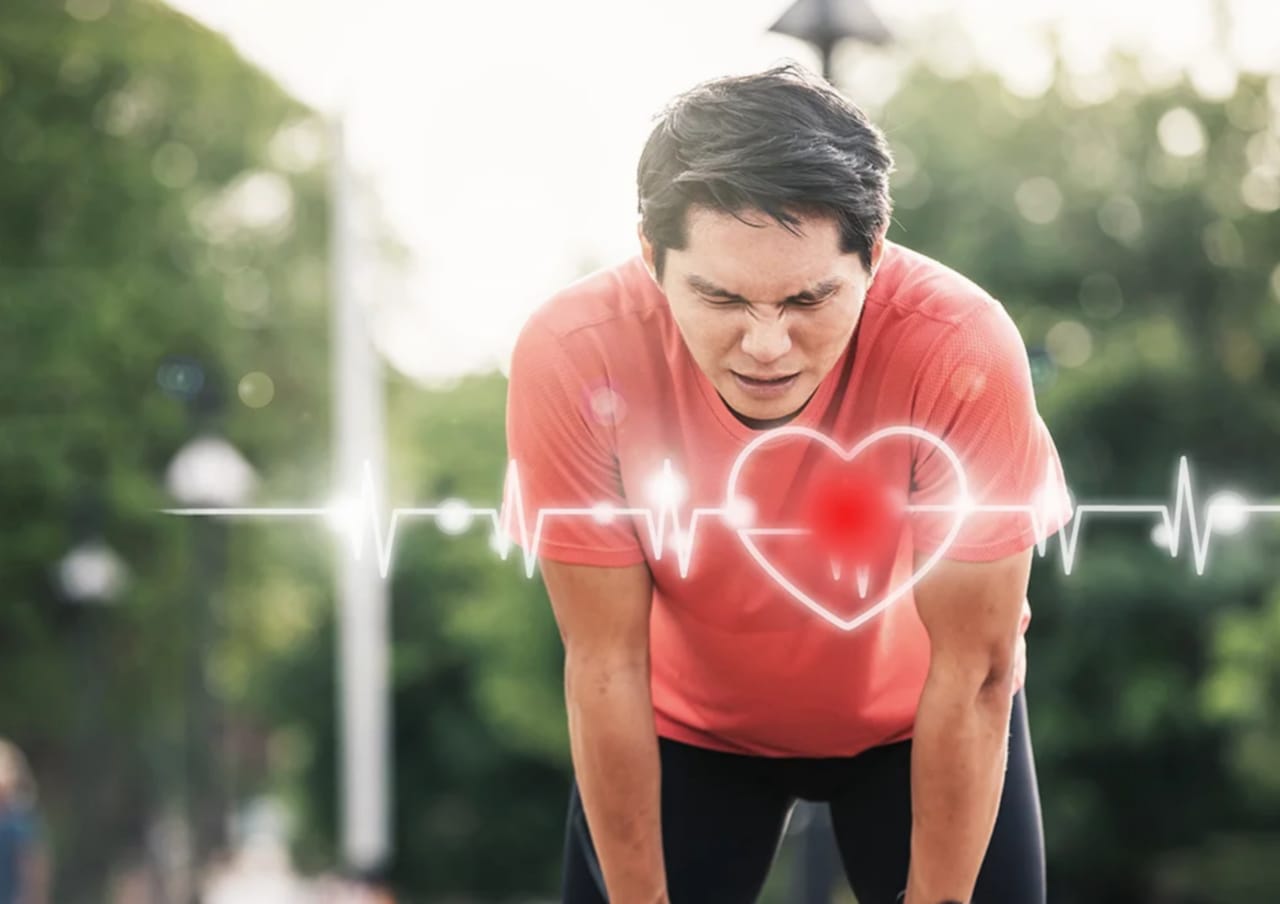
As cardiovascular deaths surge among young professionals, doctors reveal the subtle symptoms that appear days before a heart attack strikes.
In bustling corporate offices across Mumbai and Bengaluru, 35-year-old executives are dismissing chest tightness as work stress. In Delhi's residential colonies, homemakers are attributing sudden fatigue to household chores. These seemingly innocent symptoms could be their heart's desperate cry for help.
India is witnessing an alarming trend: heart attacks are no longer just an elderly concern. The Indian Council of Medical Research (ICMR) reports that over 25% of all deaths in India are now attributed to cardiovascular diseases, with a sharp increase among the 30-49 age group over the past two decades.
Contrary to Bollywood's dramatic portrayals of people clutching their chest and collapsing, real heart attacks often whisper before they roar. Dr. Keshava R, HOD and Consultant Cardiology at Manipal Hospital, explains that nearly 50% of heart attacks may be "silent," particularly affecting women and older adults.
"The body often starts sending distress signals days or even weeks before a major cardiac event," says Dr. Akshay Mahajan, a prominent cardiologist. "The tragedy is that most Indians dismiss these early warnings as routine discomfort."
Medical experts from leading institutions identify these crucial early symptoms:
Chest Discomfort: Not the crushing pain you'd expect, but pressure, squeezing, or burning sensations that come and go. Often mistaken for acidity or muscle strain.
Unexplained Fatigue: Feeling completely drained without clear reason, especially common in women. Harvard Medical School identifies this as a key early indicator.
Shortness of Breath: Struggling to breathe during light activities or even while resting, potentially signaling fluid buildup in the lungs.
Radiating Pain: Discomfort spreading to arms (typically left), jaw, back, neck, or stomach. The Cleveland Clinic notes jaw or neck pain is more frequent in women.
Digestive Issues: Sudden nausea, dizziness, or lightheadedness often dismissed as food poisoning or dehydration.
Cold Sweats and Palpitations: Breaking into clammy sweats for no reason, accompanied by irregular or racing heartbeat.
Sense of Impending Doom: An inexplicable feeling of dread that many heart attack survivors report experiencing beforehand.
Cultural factors significantly contribute to delayed diagnosis in India. The Indian Heart Journal (2023) reveals that many Indians hesitate to report vague discomforts, preferring to "tough it out."
Young professionals particularly believe they're too young to worry about heart problems, leading to dangerous delays in seeking treatment. Additionally, symptoms like fatigue or nausea are so general that they're frequently attributed to stress, poor food, or lack of sleep.
The American Heart Association emphasises that seeking treatment within the "golden hour" - the first 60 minutes after symptoms appear - can reduce heart muscle damage by up to 50%. In India, where traffic congestion can delay emergency response, recognising early symptoms becomes even more critical.
Recent medical advances have identified C-Reactive Protein (CRP) testing as a predictor of heart attack risk. High-sensitivity CRP (hs-CRP) can detect silent inflammation in blood vessels years before symptoms appear, offering a crucial early warning system.
If you experience persistent or recurring symptoms, don't dismiss them. Call emergency services (108 or 102), inform someone about your condition, and seek immediate medical evaluation. Remember, in the fight against heart disease, early recognition isn't just important - it's lifesaving.
As India grapples with rising cardiovascular mortality, learning to decode your body's subtle distress signals could be the difference between life and death. Your heart rarely shouts - but it's always trying to tell you something important.